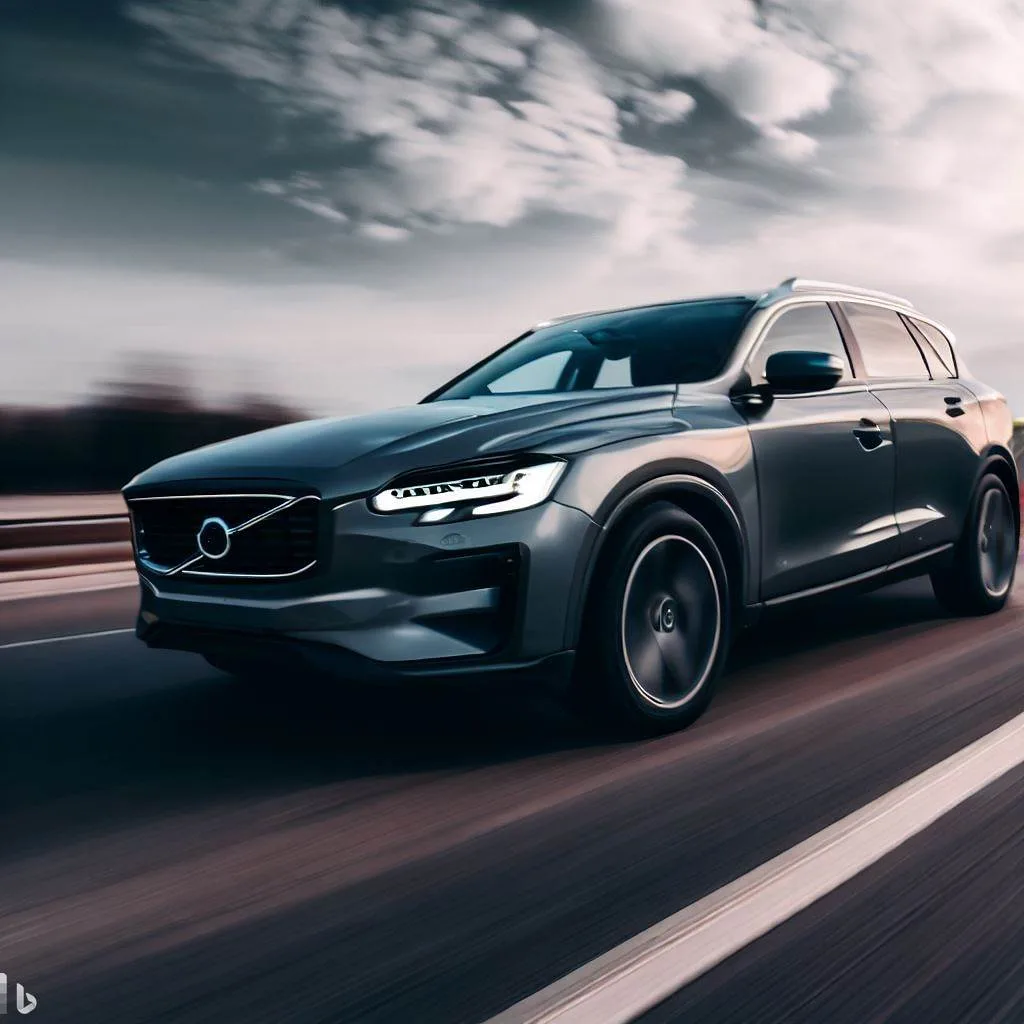Volvo Cars, the Swedish car manufacturer, has partnered with Maersk and other companies to reduce its global greenhouse gas (GHG) emissions from seaborne logistics. Maersk, through its decarbonisation product ECO Delivery Ocean, will replace fossil fuels on its ships with second-generation biodiesel derived from waste feedstocks. This will directly reduce greenhouse gas emissions in the ocean supply chain, without relying on compensatory measures like offsetting.
Volvo Cars, with nearly 15,000 containers under Maersk ECO Delivery Ocean, aims to decrease its GHG emissions by 28,000 tonnes within the next twelve months. Maersk’s ECO Delivery Ocean solution will be utilized for inbound ocean container transports of production materials for Volvo Cars’ manufacturing plants in China, Europe, and the Americas, as well as for global spare parts distribution through ocean container transports. The first ECO Delivery transports began in June.
Both Volvo Cars and Maersk share the goal of achieving net-zero greenhouse gas emissions by 2040. By collaborating closely, they aim to accelerate progress towards creating net-zero supply chains. Volvo Cars’ selection of Maersk’s ECO Delivery Ocean solution demonstrates the importance of these partnerships in achieving ambitious decarbonisation goals.
According to Birna Odefors, Managing Director of Maersk’s Area Nordics, renewable fuel is not the ultimate solution for eliminating CO2 from the world’s ocean freight requirements. However, this initiative highlights the possibility of taking action now and implementing solutions that yield significant results while awaiting long-term technological alternatives. They hope to inspire other car manufacturers to follow suit, increasing the demand for carbon-efficient ocean transports and establishing renewable fuels as a viable mid-term solution. They emphasize the shared responsibility to take action in addressing climate change.
Javier Varela, Chief Operating Officer and Deputy CEO of Volvo Cars expresses that Maersk’s ECO Delivery Ocean enables customers to manage transports entirely with certified biodiesel derived from waste resources, in exchange for a small and fixed additional cost. Customers receive verified certificates confirming the corresponding greenhouse gas savings.
The sustainability and carbon certification of Maersk’s green fuels and its supply chain is conducted by the International Sustainability and Carbon Certification (ISCC) through evidence of sustainability documentation. The emissions accounting methodology is based on Clean Cargo and GLEC (Global Logistics Emissions Council) emission factors, certified by the Smart Freight Center. Maersk ensures the automated tracking of performance for ECO Delivery shipments, and a CO2 savings certificate will be issued. The auditing process is conducted by PwC in accordance with the International Standard of Assurance Engagements 3410 (ISAE 3410 – Assurance Engagements on Greenhouse Gas Statements), providing evidence of CO₂ savings for the scope of the Maersk ECO Delivery agreement.
